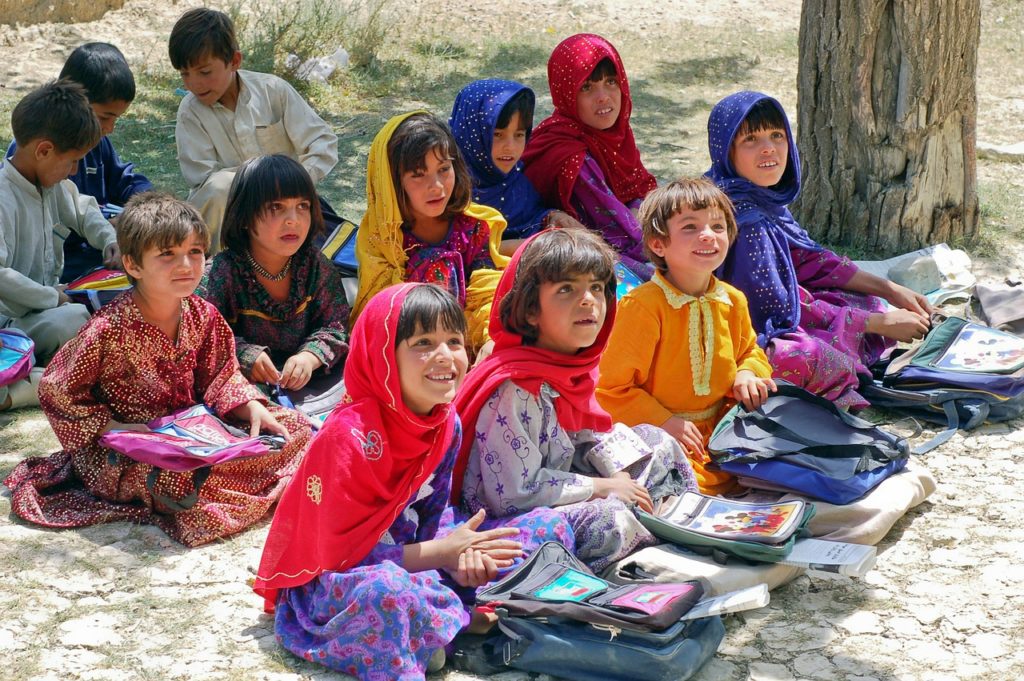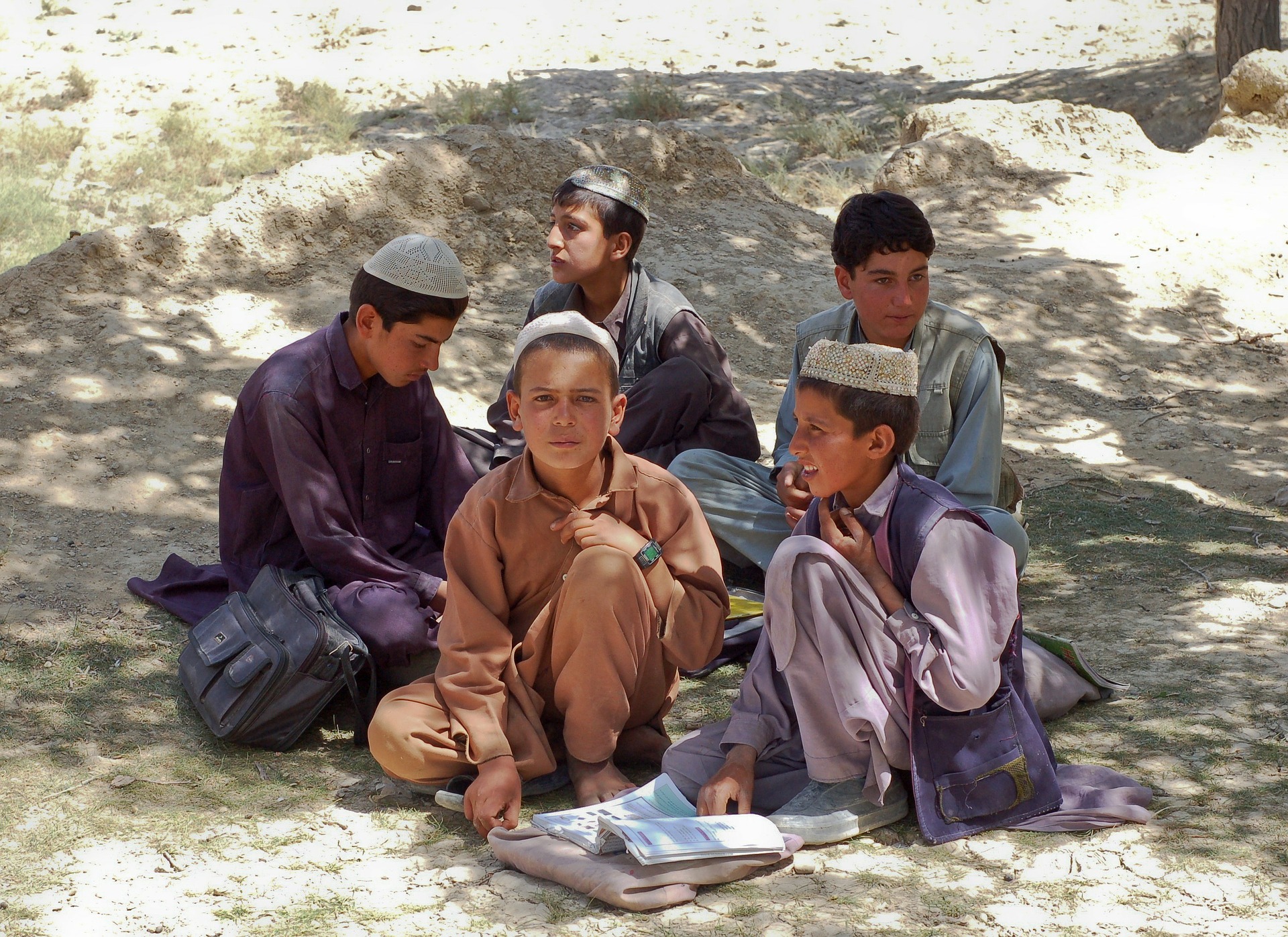Education experts have long stressed that the early childhood years are a critical period for learning development. Recently, governments and policymakers all around the world have taken this advice to heart—so much so, in fact, that the United Nations included early childhood development (ECD) as part of its Sustainable Development Goals for 2030. However, supporting early childhood education in developing nations can be difficult. In countries like Afghanistan, where schools and education are still in great need of improvement after decades of conflict, early childhood education programs are virtually non-existent. In fact, only 1 percent of Afghan children between the ages of 3 and 6 attend preschool.
To help bridge this gap, the Aga Khan Development Network (AKDN) has been working with the Afghan government over the last decade to establish and maintain preschools and ECD centers in some of Afghanistan’s most remote regions. Read on to learn more about this important ECD initiative and its outcomes to date.
Why is early childhood development important?
The first few years of a child’s life establish a critical foundation for their ongoing development. When a child’s early development—physical, social, emotional, and cognitive—is strongly supported, they have a far better chance of growing up to reach their full potential, which can, in turn, have transformative effects on their family, their community, and society as a whole. This is why organizations like the United Nations are calling for such a strong focus on early childhood education and development—to sow the seeds of lasting change.

How has AKDN supported early childhood development in Afghanistan?
Beginning in 2009, two branches of AKDN, the Aga Khan Foundation (AKF) and Aga Khan Education Services (AKES), have worked with a number of international partners, local communities, and the Afghan government to establish more than 200 preschools and ECD centers in the provinces of Badakhshan, Bamyan, and Baghlan. The goal of this program is to facilitate access to a supportive and stimulating learning environment for some of Afghanistan’s most marginalized preschool-aged children.
Quality and sustainability have been important values in the creation of each of the schools, as evidenced by the design of an age-appropriate and relevant curriculum, as well as an emphasis on community ownership and parent involvement, which will help schools to thrive over the long-term. In addition, the program operates two Teacher Resource Centers (TRCs), one in Badakhshan and one in Baghlan, where preschool teachers can receive regular professional development training and ongoing mentoring and support.
Beyond the operation of the preschools and TRCs, AKF is assisting the Afghan Ministry of Education’s ECD working group as it begins to design and implement its own early childhood education and development programs. AKF’s support here includes sharing training courses, materials, and “lessons learned” with government staff and teachers, as well as serving as the technical lead on the ministry’s development of the national preschool curriculum. In addition, as a result of AKF’s involvement in important policy dialogue, the government of Afghanistan has made provision for the inclusion of one year of pre-primary education as part of its National Education Strategic Plan III, which extends until the year 2020.
What has the AKDN program achieved so far?
To date, the AKDN program and its preschools and ECD centers have given more than 9,100 young children access to pre-primary education. To better understand some of the program’s specific impacts and outcomes, researchers from McGill University conducted an independent evaluative study in 2014.
Key findings from the study include the following:
Better school readiness—Using the measure of a standardized school readiness test, children who attended an AKF-supported preschool earned significantly higher scores than children who had not attended preschool. On the 35-item test, the average score for preschool attendees was 78 percent, while non-preschool attendees scored just 48 percent on average.
Stronger core competencies—When children completed Grade 1 curriculum-based assessment tests for reading, writing, speaking, listening, and mathematics, students who had attended an AKF-supported preschool once again earned significantly higher scores than their classmates who did not attend preschool. As these tests were conducted after the students had spent a year together in the same classrooms with the same Grade 1 teachers, it’s interesting to see that preschool attendance still continued to have such a strong effect.
Better social skills and awareness—When parents were interviewed as part of the study, those whose children were attending AKF-supported preschools were more likely to say that their children were capable, caring, and respectful communicators, and that their children had greater awareness about personal health and safety issues.
More engaged parents—Given that parent involvement is a high priority for the AKF preschools, it’s not surprising that the study found that parents of AKF preschool students were more engaged in their children’s early learning activities. For example, according to their own reports, parents of preschoolers looked at books with their children, provided more child-friendly play materials, and encouraged their children to count more often than parents of children who were not in preschool.

